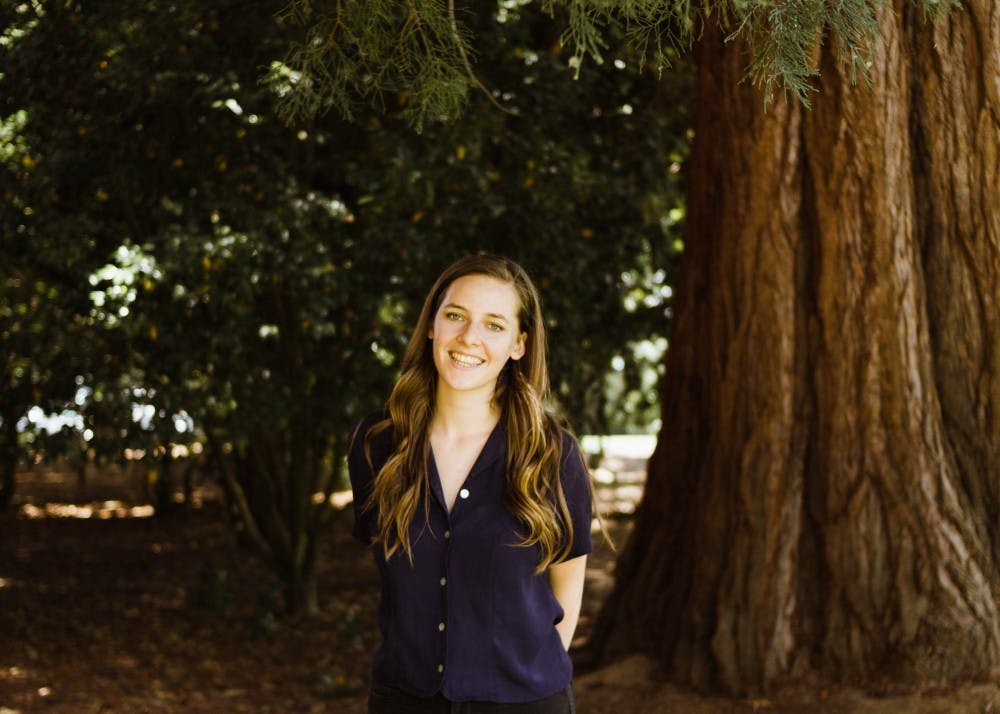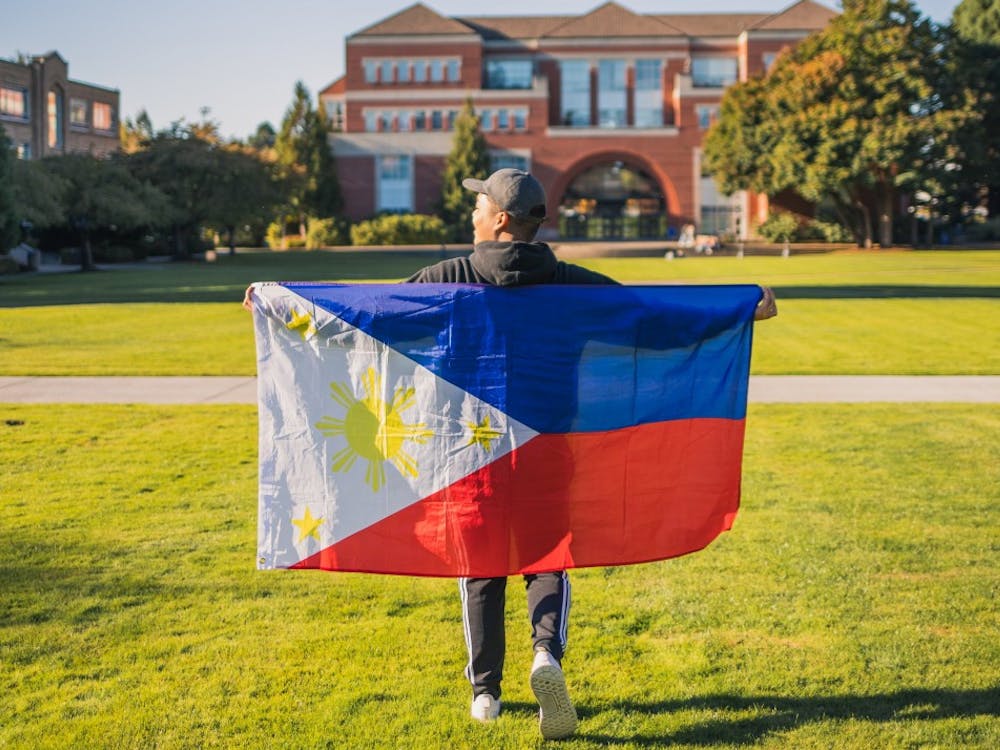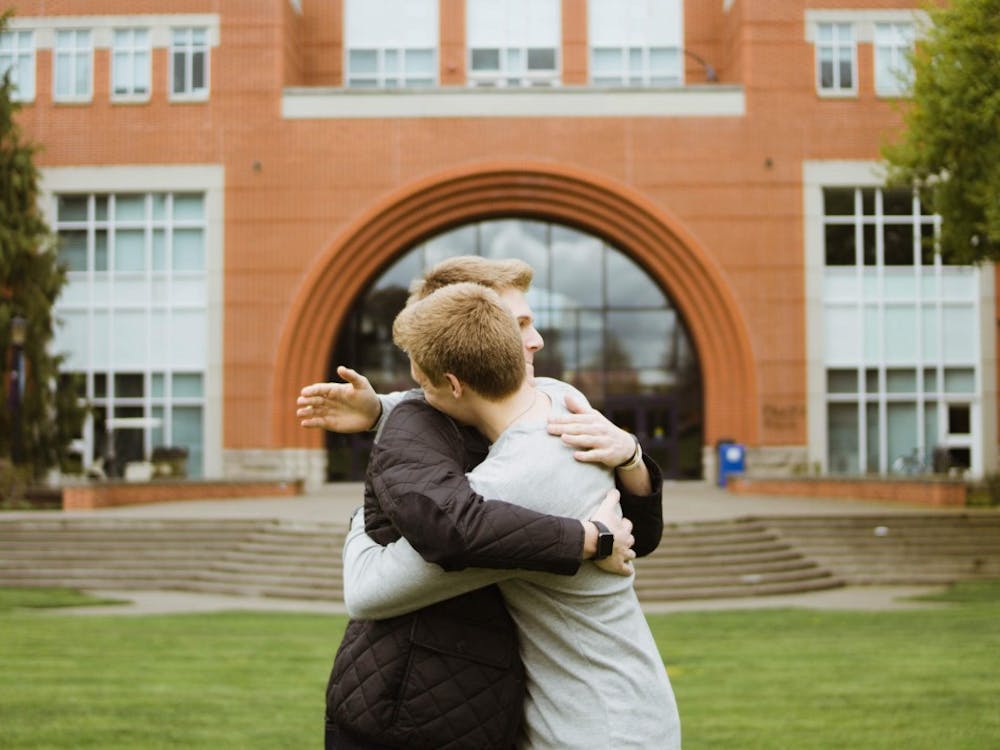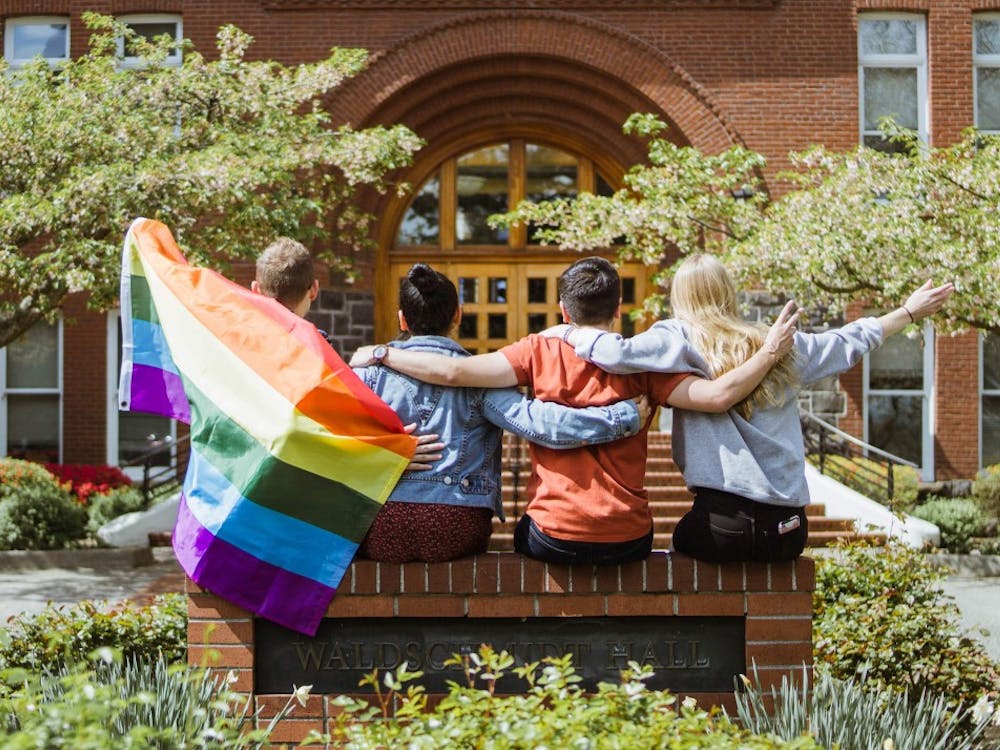I am racist.
I am racist not because I inherently believe the races are unequal, but because I was born into the role of oppressor simply by being born white. This has left me with unconscious racial biases. I may not want this role, but nobody escapes institutional racism, the societal structures in place that disadvantage minorities and that white people profit off of, whether we like it or not.
White people usually get defensive when “called out” on racism. Loretta Ross pointed this out in a recent opinion piece published in The New York Times on what she dubs “call-out culture.” She promotes productive conversation, which often gets confused with shaming, the part of call-out culture she claims is toxic.
The defensiveness is in response to shaming or the threat of shaming. We are quick to call people racists, and in response, white people feel like they should say nothing in an effort to avoid the label. It can’t be a surprise that they’re shocked then, when white people get pointed at in general for being collectively racist. If they’ve said nothing or haven’t engaged in a specific racist action, how can they be considered part of the group being called racist?
Sociologist Allan G. Johnson says the thing that makes white people defensive is an American flaw: our individualist nature. We become defensive because we take the criticism of the racist system as an attack on our character.
It’s lost on us that we can be racist and play roles in racist systems without our individual character and actions being intentionally and consciously racist. In this context, as pointed out by Johnson in his book “The Forest and the Trees,” American individualism prevents us from having the productive conversations Ross so strongly advocates for.
This being said, white people are not excused from accepting responsibility for our racist American culture. Since we are all complicit in society, the issue of racism is simultaneously institutionalized and individualized.
The issue, then, is our defensive reaction to criticism. When we as white people act defensively, we cannot begin to unlearn the racial biases our institutionally racist society ingrained in us.
Instead, we perpetuate them.
I don’t think I fully understood my role in perpetuating our racist society until this summer.
Apart from my role as Multimedia editor, I have done all kinds of photography for many years now where I am allowed to take artistic liberties that I am not allowed in photojournalism. Over all those years, I began playing with editing styles, trying to find my own for portraits. Lately, that has meant brightening my images for clients to make them look light and airy.
Nothing felt different one Sunday evening this last summer when I went out on a shoot to take photos of a Latinx couple. I came home, excited because I had so much fun with this particular pair. I sat down as soon as I got home and edited my little heart away, making my images brighter, brighter, brighter! When I got them to where I wanted, I sent them off, happy with the way they turned out.
Then I got a message back: “Our skin looks a lot whiter than it actually is.” “It was just something we noticed since we’re both pretty brown.” “I guess I would suggest to try to keep people’s skin tones as they are since we both consider that a part of our identity.”
I was mortified. I did not want to admit that in “brightening” my images I had actually “whitened” them.
But I had.
This racist mistake is not new to the world or unique to me. It’s been done before in the photography industry. In 2008, L’Oréal used an image of singer Beyoncé Knowles in a cosmetics ad — except that Beyoncé was hardly recognizable as the queen that she is. The image had been so altered that she looked white.
I remember when this story broke, I was incredulous. What a racist photographer! I never once considered that I was also capable of doing something like that.
This couple’s response to my images made me realize that studying race relations in school and having good intentions does not exempt me from participating in a racist society. For a moment, I forgot I played a role in this institutionally racist system and in forgetting, played my part in enforcing it very well.
I wasn’t careful, and suddenly, I had literally erased a part of someone’s identity, a part that has historically been shoved down by people like me and a part I know deserves celebration, not erasure.
I let that happen because for this shoot, I did not hold myself accountable. I did not check my privilege and the biases I have because of that privilege. I let centuries of racism show itself in my photography, an aspect of my creative side I usually love.
Sometimes feedback about our racism is not delivered as graciously as this couple communicated it to me. It’s important to realize in those moments that people of color don’t owe it to us at all to be calm and patient when correcting us. We, white people, are not owed a conversation centered around our comfort and white fragility.
My intentions were not malicious, but I needed to be held accountable for my actions. Although it was not this couple’s job to do that for me, I am grateful they did.
If I truly consider my photography an aspect of who I am and want to be, then I owe clients images that are fully and truly representative of every aspect of their identities. I failed this couple in doing so.
White people, people of color don’t owe us anything. In fact, we actually owe them. We owe them responses that are not defensive, “I’m not racist” retorts. We owe them understanding and, at the very least, we owe them serious attempts at unlearning racial bias. We owe them our own slightly inconvenient discomfort because, in all of the United States’ history, we have not stopped causing the suffering and erasure of people of color.
White people, we have to hold each other accountable in combating institutional racism and our individualized biases we have because of it. People of color shouldn’t have to do it for us, and we owe it to them to seriously and intentionally try.
Annika Gordon is the Multimedia editor for The Beacon. She can be reached at gordon20@up.edu.








